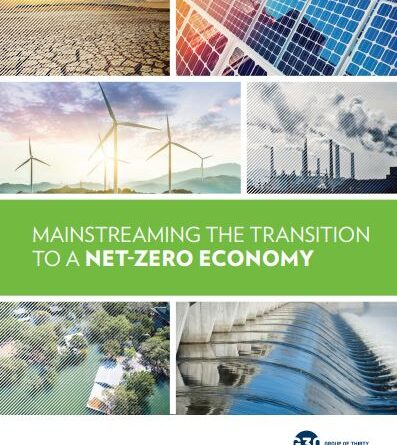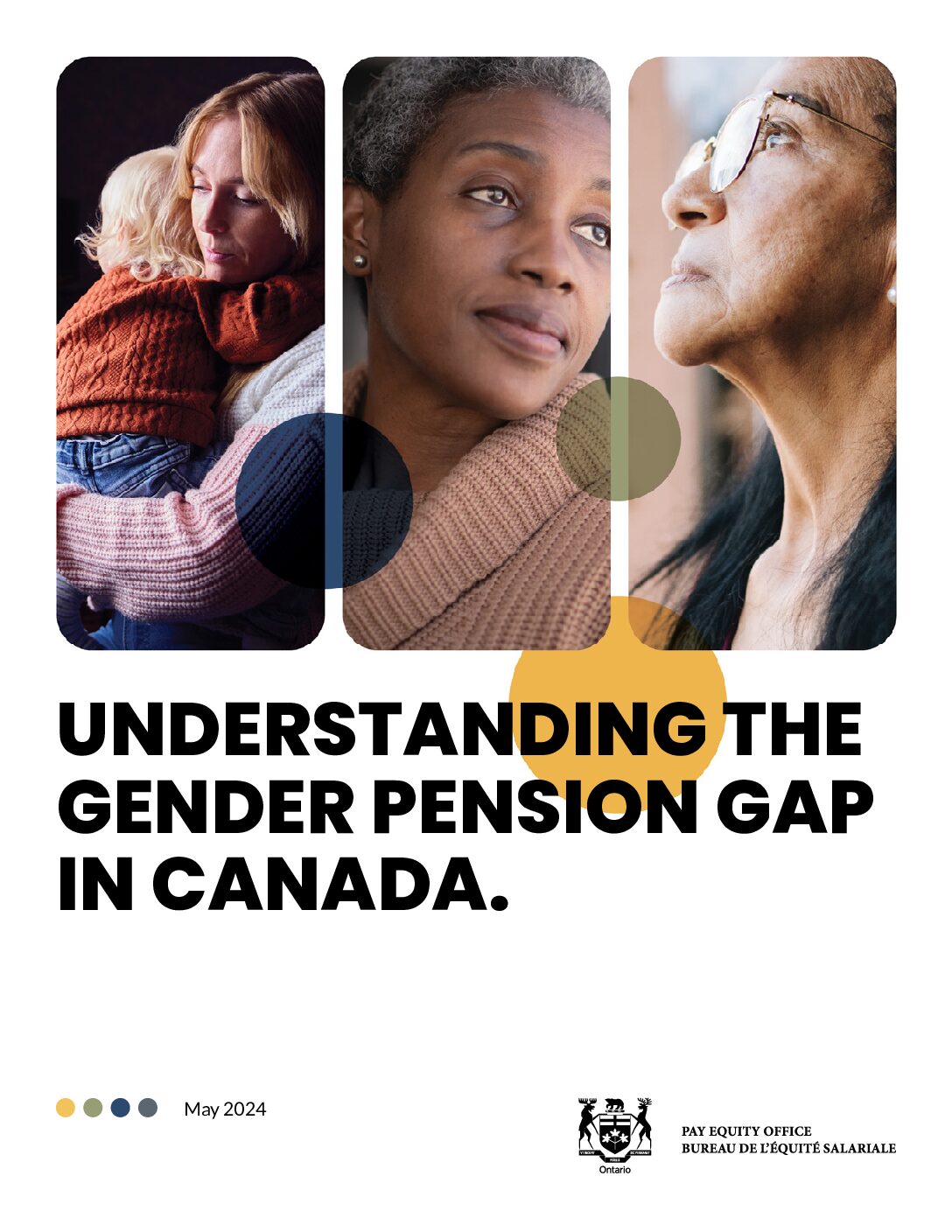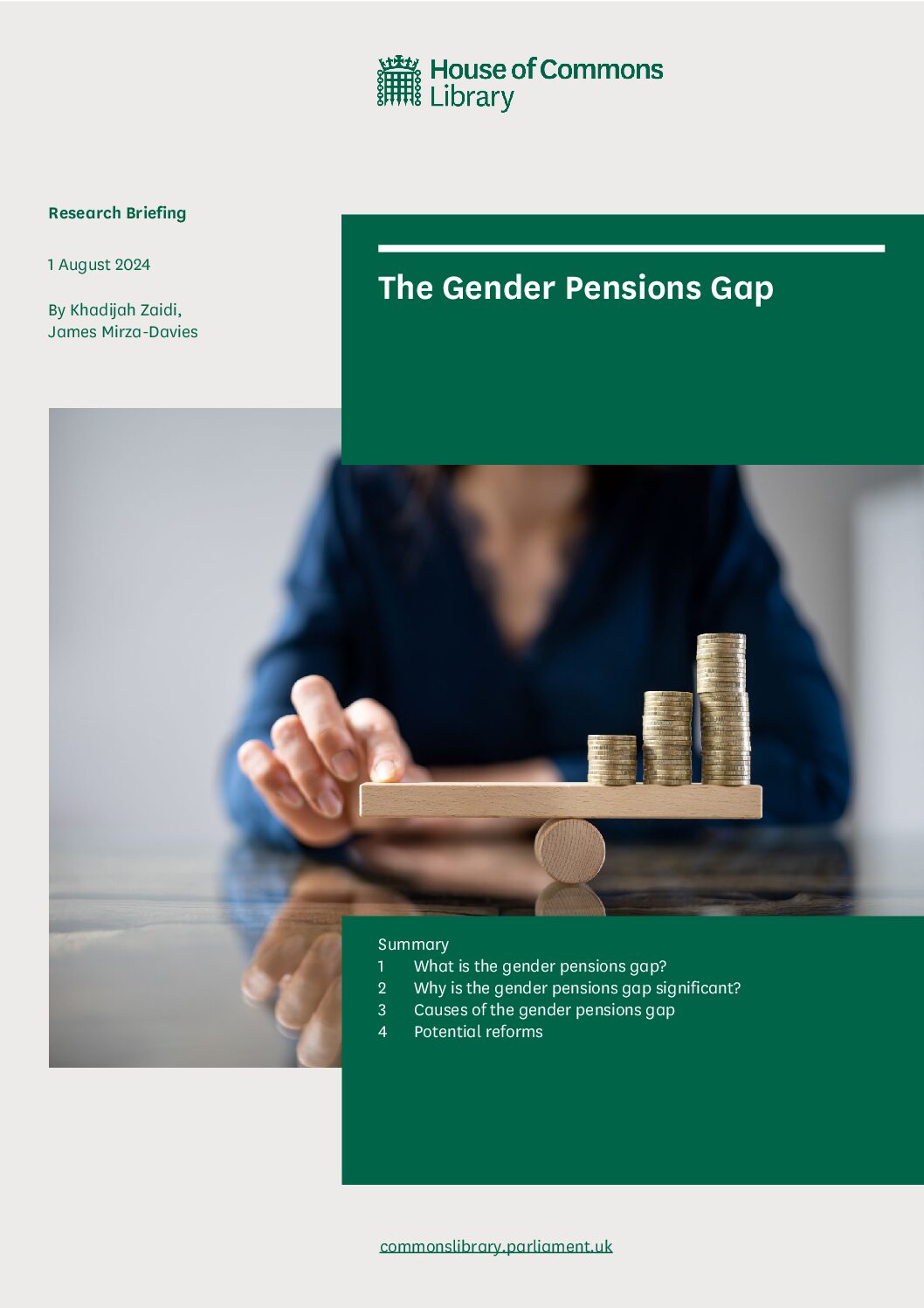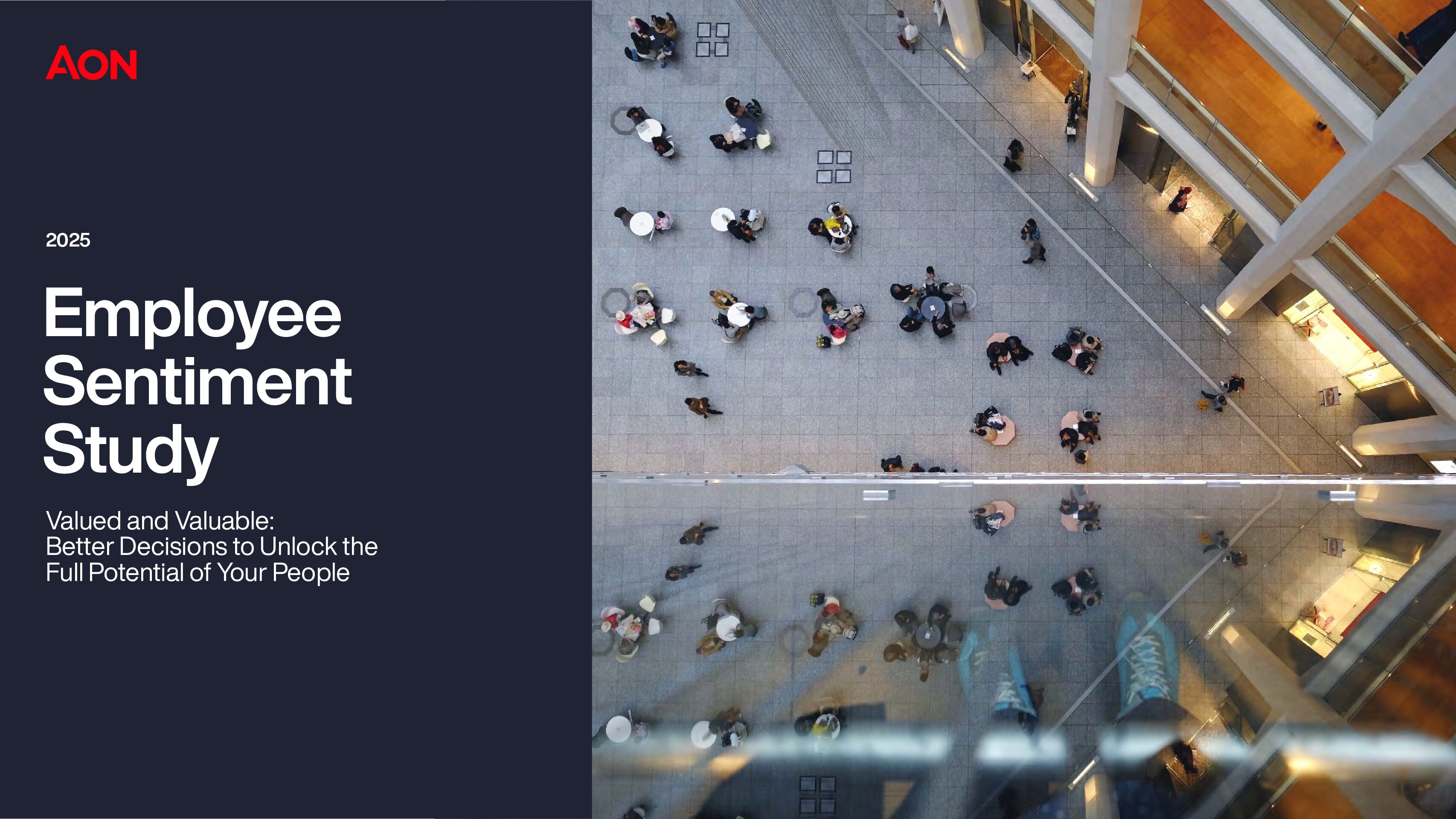Mainstreaming the Trasition to a Net-Zero Economy
By Group of Thirty
The evidence that climate change is posing unprecedented risks to our livelihoods is overwhelming. Atmospheric concentrations of carbon dioxide (CO2) have reached the highest levels in 800,000 years. Over the last three decades, the number of registered severe weather events has tripled. The cost of weather-related insurance losses has increased eightfold over the past decade, to an average of US$60 billion; and average uninsured losses from weather events have increased sevenfold.
Still, these effects pale in significance compared to what might come. If the world continues on its current path, temperatures will rise by over 3 degrees Celsius (°C) above preindustrial levels by 2100, leading to severe and irreversible physical damage. This includes higher sea levels, food insecurity, more frequent natural disasters, and significant increases in the number of dangerous heat days. Overall, world gross domestic product (GDP) could be up to 25 percent lower by 2100 due to these impacts.
Leaving the path toward a climate catastrophe requires us to embrace green technologies across all sectors of the economy. We will need to reduce carbon emissions to net zero to limit the increase in global temperatures to well below 2˚C above preindustrial levels and avoid the most catastrophic consequences of climate change.
Get the book here
419 views










